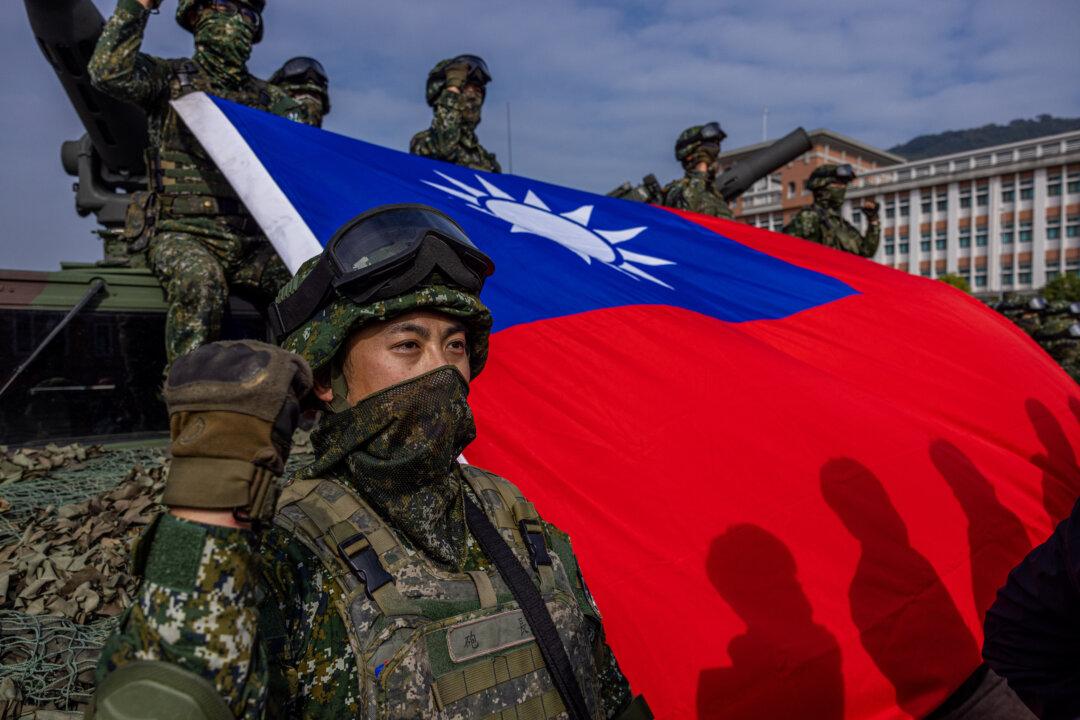The U.S. Department of State has denounced the Chinese communist regime’s new judicial guidelines that seek to impose the death penalty for “diehard” supporters of Taiwan’s independence.
“We strongly condemn the escalatory and destabilizing language and actions from [China’s] officials. We continue to urge restraint and no unilateral change to the status quo,” State Department spokesperson Matthew Miller said during a news briefing on June 24.




